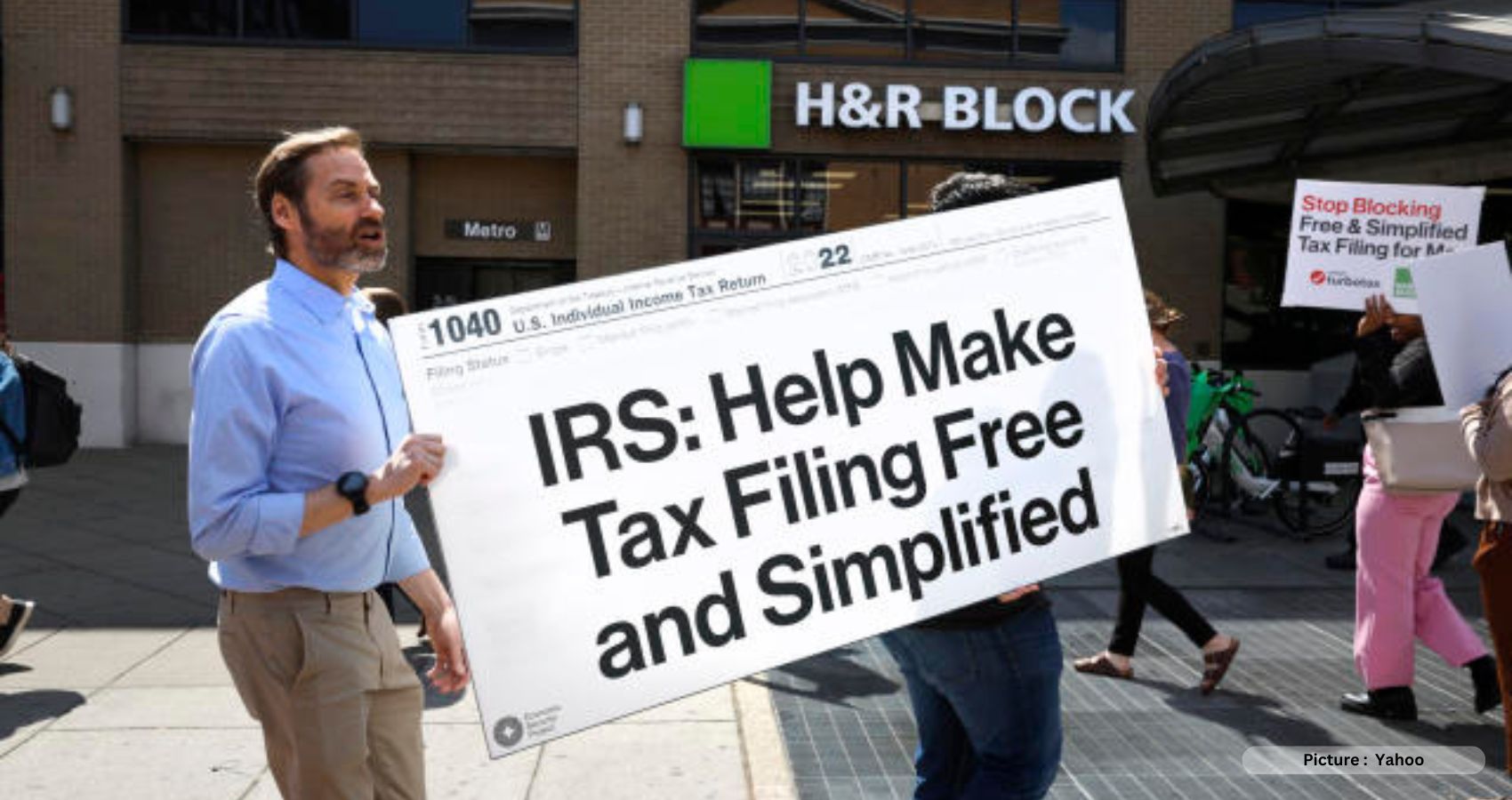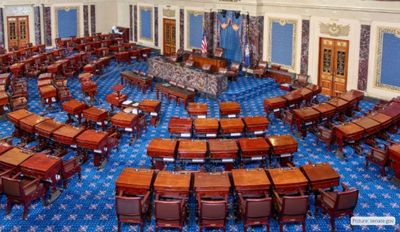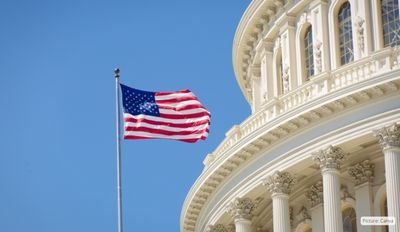The IRS has revealed plans to initiate a trial of a complimentary, direct online tax-filing system for the 2024 tax season. This decision is based on significant taxpayer interest and a relatively low cost associated with the system.
In their eagerly awaited report, the IRS disclosed that they have developed a prototype system which will be introduced through a pilot program. The program will involve a limited number of taxpayers and offer restricted functionality, enabling the Treasury Department to assess how users engage with the system, according to IRS and Treasury officials.
Laurel Blatchford, who leads the Treasury Department’s office responsible for implementing the Inflation Reduction Act, stated, “Dozens of other countries have provided free tax-filing options to their citizens, and American taxpayers who want to file their taxes for free online should have an acceptable option.”
The Inflation Reduction Act increased IRS funding by $80 billion and mandated the agency to evaluate the feasibility of a direct tax-filing system. If implemented, this program could potentially allow taxpayers to prepare and submit their taxes without relying on popular tax preparation companies, which have invested millions to oppose similar proposals in the past.
IRS considers revamping tax filing process
The IRS has identified a strong demand for a complimentary tax-filing service, now referred to as “Direct File.” Laurel Blatchford mentioned, “Seventy percent of the public is interested in a free option deployed by the IRS, so we think there will be excitement there.” The Treasury Department’s decision to proceed with the pilot program was influenced by evident taxpayer interest.
An IRS-conducted survey revealed that 72 percent of taxpayers expressed high or moderate interest in using the direct file service. Additionally, 68 percent of those who prepare their returns stated they would be highly or moderately likely to switch to the IRS’s free online tool.
Significant impact with minimal expected cost
The report estimates the direct file system’s cost to be only a small portion of the $80 billion budget increase the IRS obtained through the Inflation Reduction Act, most of which is designated for enhanced enforcement capabilities. The report found that “Annual costs of Direct File may range from $64 million (assuming 5 million users and a narrow scope of covered tax situations) to $249 million (assuming 25 million users and a broad scope of covered tax situations).”
Funding for this initiative will be sourced from the IRS’s technology and products budget, as well as its customer support budget. IRS Commissioner Danny Werfel also suggested that systems modernization funds allocated in the Inflation Reduction Act could be utilized to strengthen the system.
Understanding Direct File
The report suggests that taxpayers’ confidence in using the IRS system stems from the fact that the IRS already has access to their personal information. However, Danny Werfel, the IRS Commissioner, stated that the direct file prototype would not likely utilize pre-populated forms to further automate interactions with government software, explaining, “Given that it will be limited in scope, we do not expect pre-population or predetermining tax obligations to be part of it.”
This implies that the prototype software will likely adopt a question-and-answer format, similar to many commercial software options, as indicated by the IRS’s recent strategic operating plan for its expanded budget.
Direct File eligibility
Tuesday’s report outlines various scenarios that the Direct File system could accommodate, ranging from basic wage income taxed with the standard deduction to more complex situations involving state returns. Werfel mentioned that the pilot program would further determine the specific taxpayer cases that could utilize the system.
With nearly 90% of all filers using the standard deduction and wages and salaries being taxed at 99% compliance, the Direct File system might handle the majority of common tax situations. This has led to recommendations for a direct file option from the Government Accountability Office, the National Taxpayer Advocate, and numerous tax experts over the years.
Since the early 2000s, the IRS’s Free File program, an agreement between the IRS and a group of private tax preparation companies, has offered free commercial software to lower-income individuals. However, only a small percentage of eligible taxpayers have used it, resulting in accusations of deceit and a $141 million settlement paid by TurboTax maker Intuit to taxpayers across nine states.
Lawmakers’ opinions on IRS e-filing
Rep. Brad Sherman (D-Calif.) wrote a letter to Werfel this week, encouraging the adoption of an e-filing program and stating, “The IRS established the free e-filing program in 2003, but it did so in partnership with major tax preparation software companies that frequently mislead taxpayers into paying for their services.”
Werfel recently asserted that his agency has the legal authority to proceed with the report’s conclusions, despite opposition from Senate Finance Committee Republicans. He also mentioned being open to other legal interpretations if questions about authority arise.
Both Republican and Democratic administrations have supported the idea of more direct tax filing methods in the past. Kitty Richards, former director of State and Local Fiscal Recovery Funds at the U.S. Department of the Treasury, highlighted proposals from Presidents Ronald Reagan and George W. Bush for voluntary return-free systems and an easy, no-cost online filing option, respectively. However, she noted that the tax preparation industry recognized the threat a free government tax preparation and filing process would pose to their profits.











